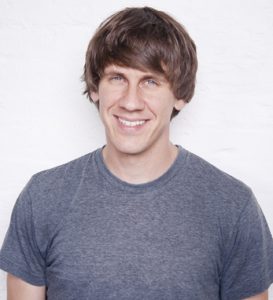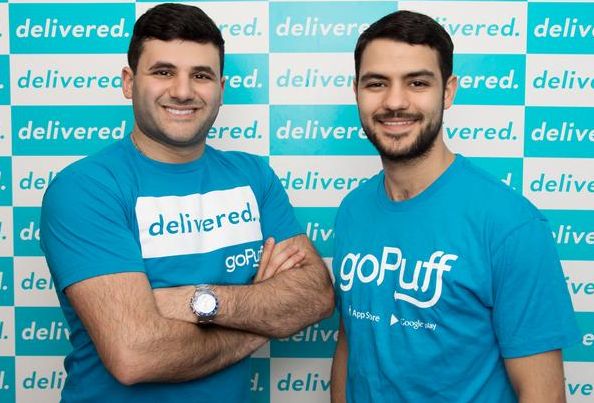Scott Lee – The Founder of the Startup Helping You Find Your Perfect GooRoo
Learning is a never-ending process. Constant learning generates brilliant minds and indigenous futures. Learning, with technology, i.e. alongside the internet has made it easier, portable, ageless, and does not require one to go to an institution. Everyone is capable of learning anything at any time and any place, by just simply having a smart device near them. GooRoo is one such leading service in terms of education with technology. It is AI-powered tutoring and learning platform with a strong focus on personalization, and the man behind this educational startup is Scott Lee. The success story of Lee, speaks up that challenges and life experiences often paves the best ways to success for you.
Scott Lee was born in Seoul, South Korea. As a child, he travelled to the United States to study in the Connecticut Boarding School. The problem for him was that he didn’t know a single word of English. That being so, navigating his way around the school was a challenge for him. After schooling, he went on to do graduation in engineering from Columbia University. After his sophomore year, Lee returned to Korea to serve the army for two years, in order to keep hold of his Korean citizenship.

After returning from the army, Scott started his first startup, ‘PeerTutor’, which was inspired by his ordeal in childhood. PeerTutor was meant for Korean students who could not speak English. The service-connected impoverished high school students to English tutors. He returned to the U.S. for his college and ended up working at JP Morgan & Chase as a financial analyst. Since the time he had come back from the army, Lee was encouraged to start his life as an entrepreneur, and it didn’t take long for him to quit his job to do so.
In June 2015, Scott launched his 2nd startup, ‘GooRoo’. GooRoo is a monthly subscription learning platform that matches you with the perfect tutor, the best learning programs and the most helpful educational guidance according to your needs – all with the help of AI.
GooRoo reflects on everyone deserves a good education and has a mission to cater to every student’s unique needs while bringing the excitement of learning to the world. “We believe everyone can succeed to fulfil their desired goals with flying colours. Whether it’s looking for a new hobby, to ace the next test, or an extra push, we’ve got you covered,” says the official site.
GooRoo implies four simple steps to work out perfectly for every individual. The first step is to request a GooRoo which is followed by receiving personalized matches in the second step. The third step involves to book and have a first session proceeded by receiving feedback and actionable recommendations.
GooRoo is a partner of Books for Africa (an initiative that donates one textbook to a child in need for every session completed), NYC Department of Education, NYC Department of Aging, TAL, Related Reality and CBN. Now, more families have access to high-quality tutors at affordable prices. The company has provided more than 3,500 tutoring sessions and has grown to have more than 1,000 tutors in New York City. GooRoo is looking forward to expanding to Boston and San Francisco.
The company has had only two funding rounds, in which they have raised about $4.2 million. GooRoo promises to be transparent and fair in the pricing to ensure that every individual gets an honest education.
Lee recalls his time in the army and explains how the experience shaped him to be an entrepreneur. “My time in the army tested my patience, resilience, and ability to adjust to changing conditions,” he said. He also added that the army taught him leadership, teamwork and humility. “The army works much like a startup -you are part of a small team with huge tasks, and you have to work together to problem solve on a daily basis. Needless to say, it was a life-changing experience,” Scott explained on his life in the Korean army.
GooRoo is available on both Android and iOS and makes it easier to find a tutor. Scott Lee, who turned his childhood struggle into a company, makes sure that it has a strong dedication towards the education that extends even beyond its tutoring services. He hopes that GooRoo continues its work at its best. Scott is surely someone to learn from.

Raghav is a student and a content writer. He loves to write about emerging as well as the existing technologies around and about the ones who bring them to you. Music is the other passion that Raghav processes. It is like the fuel to his body. He is also in writing songs and poems. He believes that life is short, so live the best out of what you have got. Raghav considers himself a sci-fi guy, having stories and tech all around in his head, all the time.











